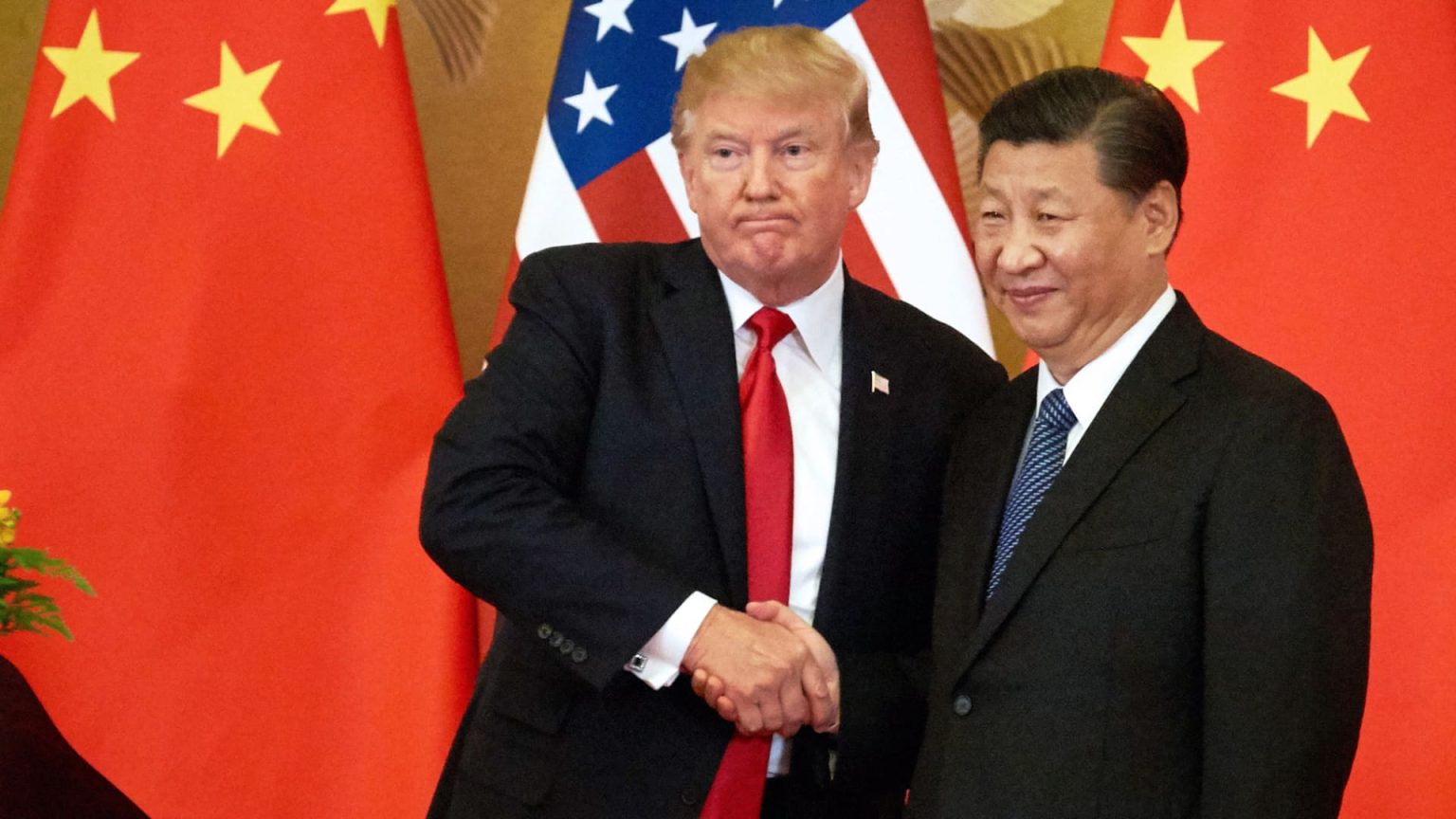Tensions between the United States and China continue to escalate, with President Donald Trump and Chinese President Xi Jinping expected to hold discussions this week. The talks come in the wake of a series of trade disputes that threaten a fragile agreement reached just weeks prior. Recent combative exchanges between the two nations have raised concerns among investors, contributing to lower market indices in the U.S.
| Article Subheadings |
|---|
| 1) Anticipated Talks Between Leaders |
| 2) Rising Tensions and Market Reactions |
| 3) Trade Agreements and Breakdown |
| 4) Accusations from Both Sides |
| 5) Future Implications for U.S.-China Relations |
Anticipated Talks Between Leaders
Reports indicate that President Donald Trump and Chinese President Xi Jinping are likely to engage in a phone conversation within the week, according to a senior official from the White House. The communication aims to address the mounting tensions following recent trade disputes. Although the specific date of the conversation remains unspecified, the expectation of talks has been confirmed, and many political analysts view this as a necessary step to potentially ease the escalating friction between the two superpowers. The delicate nature of U.S.-China relations underscores the importance of this imminent discussion.
Rising Tensions and Market Reactions
As the prospect of talks grows, U.S. market indices opened lower due to investor concerns regarding the aggressive exchanges between Washington and Beijing. This decline in market performance serves as a reflection of the trepidation among investors who are wary of further complications in trade policies. The fluctuating tone of public statements from both U.S. and Chinese officials signifies a deteriorating environment for economic cooperation. Investors are keenly monitoring developments to assess the potential impact on markets and international trade.
Trade Agreements and Breakdown
Earlier this year, the two nations reached a tentative trade agreement aimed at rebalancing their economic relationship, yet subsequent actions from both sides have jeopardized its viability. In April, Trump imposed tariffs on Chinese imports, raising them to a staggering 145%, which were met with retaliatory tariffs from Beijing. Although both countries initially agreed to ease these tariffs following negotiations in Switzerland, ongoing accusations and failures to uphold the commitments of this agreement have exacerbated the conflict. As negotiations falter, each nation is leveraging trade as a tool for political strategy, further complicating resolution efforts.
Accusations from Both Sides
The war of words between the U.S. and China has escalated, with each country accusing the other of reneging on their agreements. Recently, a spokesperson for the Chinese Commerce Ministry claimed that the U.S. was attempting to “unilaterally provoke new economic and trade frictions.” In parallel, the Trump administration has openly criticized China for allegedly delaying the export of critical minerals essential to U.S. industries. This back-and-forth illustrates the volatility in bilateral relations, with both sides seemingly entrenched in their positions and unwilling to compromise.
Future Implications for U.S.-China Relations
The outcome of the upcoming discussions will play a crucial role in shaping the future of U.S.-China relations. Political analysts are closely observing how both leaders navigate the ongoing tensions, especially amidst increasing economic interdependence. As the nations confront conflicting interests, the hope is that dialogue can pave the way for a more stable relationship. Failure to reconcile differences, however, could lead to prolonged periods of instability, impacting not only the two countries but also the global economy.
| No. | Key Points |
|---|---|
| 1 | Trump and Xi are expected to hold talks amid rising tensions. |
| 2 | U.S. markets reacted negatively to ongoing trade disputes. |
| 3 | Previous trade agreements have been undermined by new tariffs. |
| 4 | Both nations are exchanging accusations regarding trade violations. |
| 5 | Future discussions may determine the trajectory of U.S.-China relations. |
Summary
The anticipated discussions between President Trump and President Xi represent a critical juncture in U.S.-China relations. With the backdrop of unstable trade agreements and rising tensions influencing both economies, political observers are hopeful that dialogue can restore some measure of stability. However, the potential pitfalls of continued conflict loom large, threatening not only these two nations but the global economic landscape as well.
Frequently Asked Questions
Question: What are the implications of the ongoing trade tensions between the U.S. and China?
The ongoing trade tensions can lead to increased tariffs, affecting consumers and businesses in both countries. Disruptions in trade can also impact global supply chains and market stability.
Question: How have previous agreements influenced current negotiations?
Previous agreements have set a framework for negotiations but have also added complexity. Both nations’ failure to adhere to prior commitments complicates future discussions.
Question: Why are these talks vital at this moment?
These talks are crucial because they present an opportunity to de-escalate tensions that could lead to severe economic consequences. Dialogue might help mitigate the impact of tariffs and strengthen bilateral relations.


